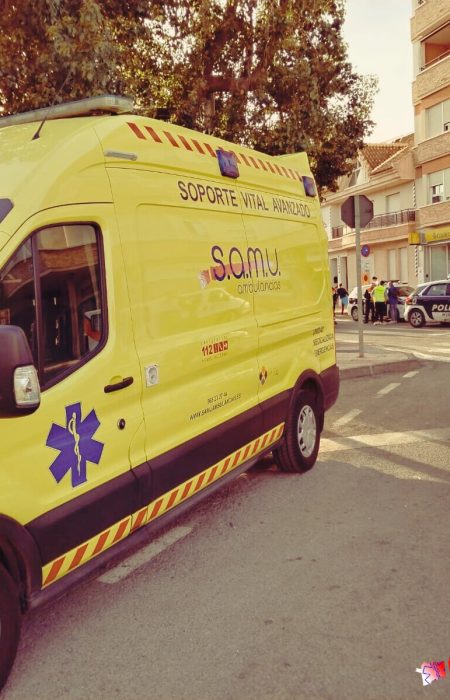Arterial hypertension (high blood pressure) is one of the leading causes of cardiovascular disease and mortality worldwide. Despite advances in drug therapy and the promotion of healthy lifestyle habits, many individuals fail to lower their blood pressure to safe levels. In some cases, this is only achieved through complex combinations of medications, which can increase the risk of side effects.
For these patients, renal denervation is emerging as an effective and long-lasting therapeutic alternative. It is a minimally invasive procedure designed to treat resistant hypertension—meaning high blood pressure that does not respond adequately to multiple medications or lifestyle changes.
“Renal denervation allows us to intervene directly in one of the main mechanisms involved in hypertension: the sympathetic nervous system that surrounds the renal arteries,” explains Dr Mohamed Bayoumi, Head of the Haemodynamics and Interventional Cardiology Department at Hospital Quirónsalud Torrevieja.
“By reducing its activity, we can achieve stable and sustained reductions in blood pressure without the need to add more medication.”
How Renal Denervation Is Performed
Renal denervation targets the sympathetic nervous system that encircles the renal arteries, which plays a key role in regulating blood pressure. A catheter is inserted through the femoral artery, and small doses of radiofrequency energy are applied to selectively affect the surrounding nerve fibres, thereby reducing their activity.
The procedure takes between 40 and 60 minutes, is performed under conscious sedation and local anaesthesia, and typically requires only one day of hospital admission.
“It’s a safe technique, well tolerated by patients, with long-lasting benefits,” adds Dr Bayoumi.
“In many cases, we are also able to reduce the medication burden, which significantly improves patients’ quality of life.”
Benefits for Patients with Hypertension
The benefits observed include a significant and sustained reduction in blood pressure, a gradual decrease in the use of antihypertensive drugs, and an overall improvement in cardiovascular risk.
Moreover, by achieving more effective blood pressure control, the technique helps prevent serious complications such as stroke, myocardial infarction, heart failure, progressive kidney damage, and hypertensive retinopathy.
“Untreated resistant hypertension is a major risk factor for severe cardiovascular events,” warns Dr Bayoumi.
“Renal denervation not only reduces this risk, but also opens a new treatment avenue for patients who have no other effective alternatives.”
This technique therefore represents a hopeful option for many patients with difficult-to-control hypertension, offering long-term benefits and an improved cardiovascular prognosis.
📽️ You can learn more about this procedure in the video below:
👉 https://youtu.be/5vmEPb9Gm1I









No Comment! Be the first one.